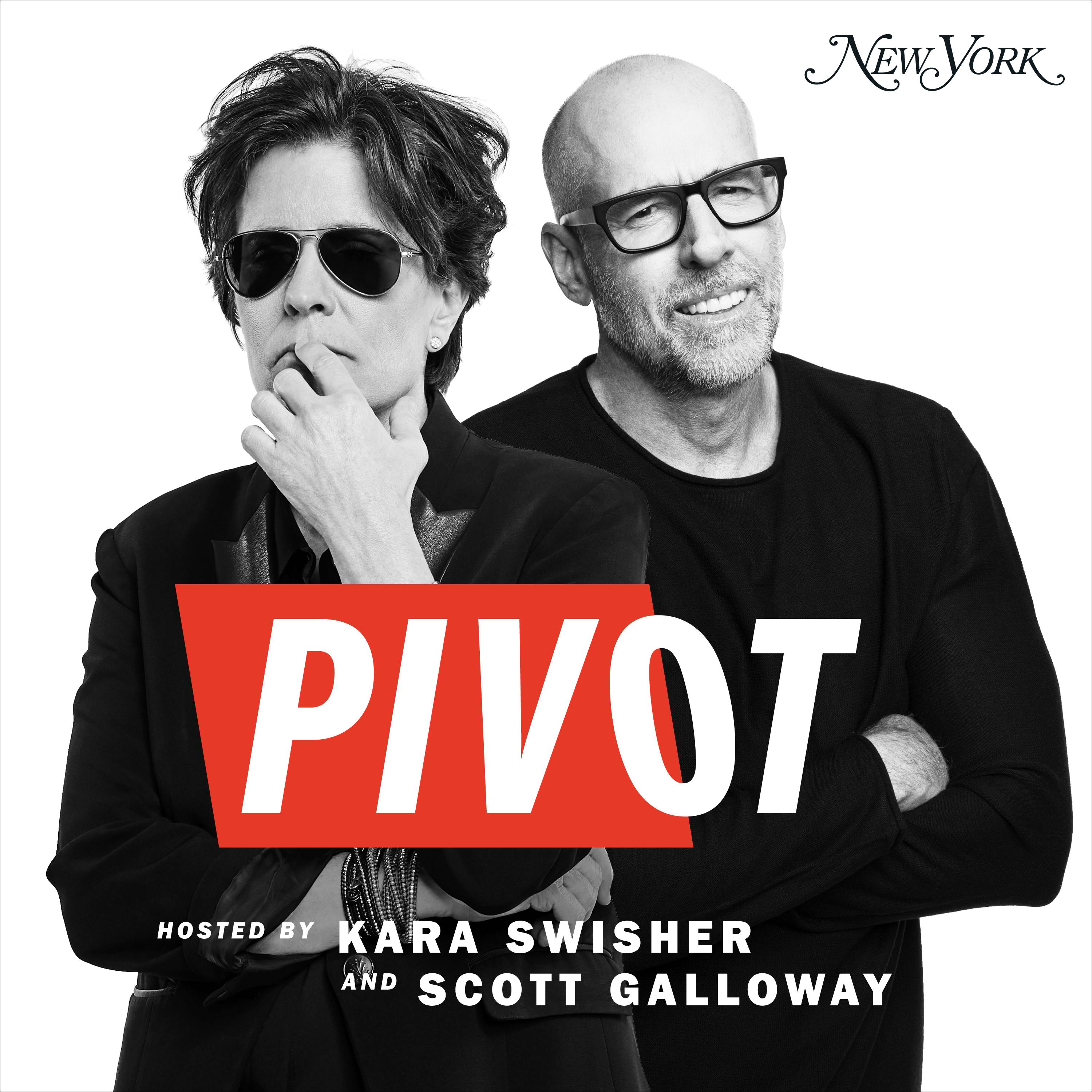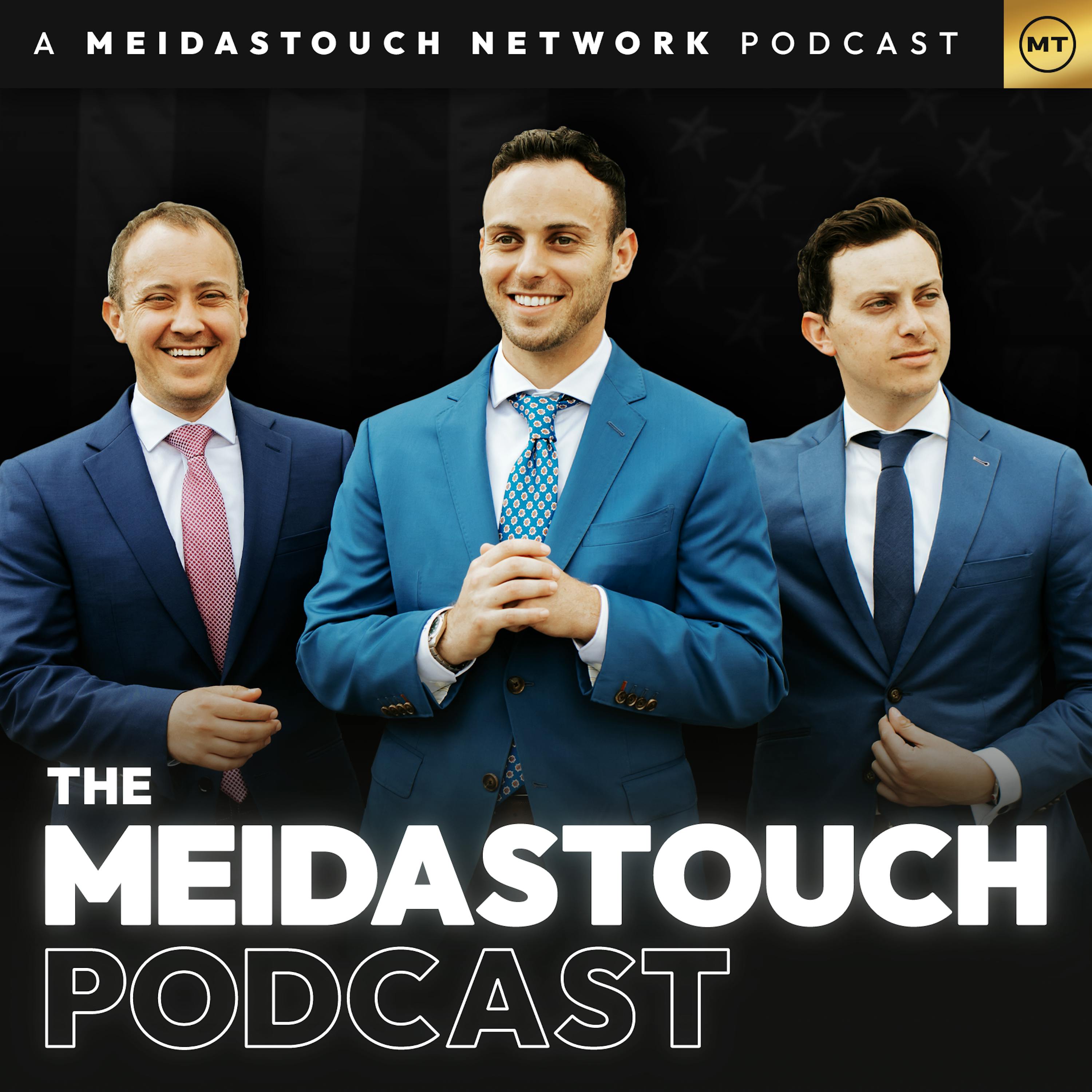PortalsOS
Related Posts
Vote to see vote counts

The creation of the FDA is often misunderstood as a response to public outcry, but it was actually driven by major food packer companies who lobbied for regulations to increase their market share.
Trump's rollback of environmental regulations has led to a loss of markets for American farmers, as other countries refuse to buy pesticide-laden products.
Donald Trump announced a 100% tariff on movies made outside the United States, which could impact companies like Netflix that produce content internationally.

Using RFD tags in livestock farming allows consumers to track how far animals roam, potentially increasing transparency and trust in food sourcing.

The U.S. government's tariffs on foreign goods have led to retaliatory measures that harm American farmers, creating a cycle of economic inefficiency.

The narrative of multinational corporations posing as U.S. companies is misleading. They claim to be American by being based in the U.S., but their ownership and executive teams are global. This raises the question: How does this help the average American?
The 2018 legalization of hemp cultivation in the U.S. led to the rise of intoxicating hemp products, contrary to the original intention of creating environmentally friendly products.

America is now an exporter of cannabis, with countries like Ireland and the UK complaining about American-grown cannabis appearing in their markets.

The Trump administration's tariffs have led to foreign countries avoiding American products, harming U.S. farmers and leading to a need for bailouts.

Canadian corn is now being sold in Ireland, Spain, and the UK, markets that were once dominated by American products.
